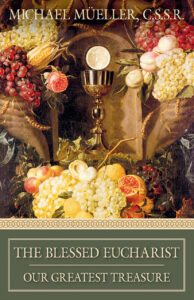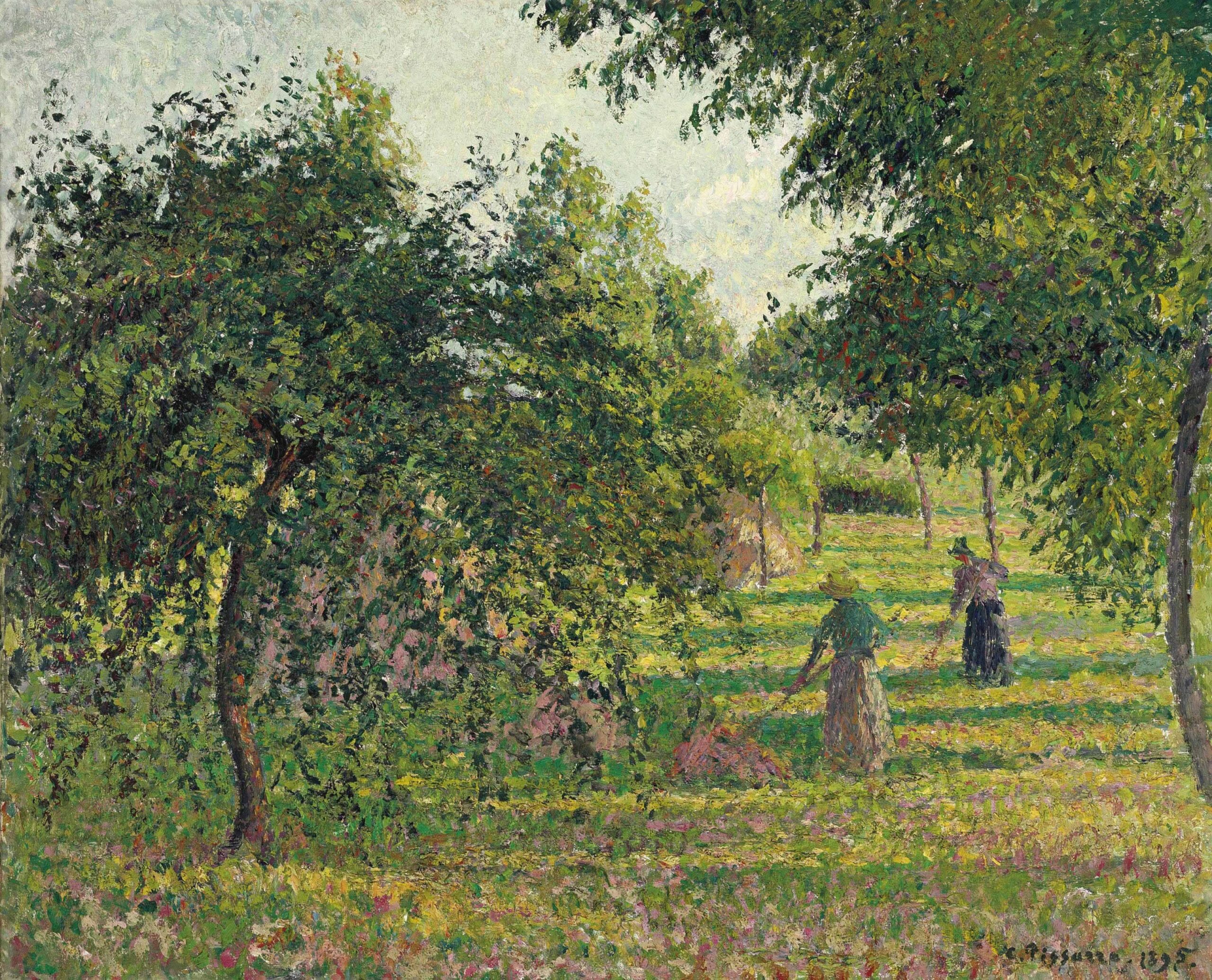There remains, Dear Reader, one more subject to treat of before my task is ended: It is unworthy Communion. It is not so agreeable a subject as those with which we have been hitherto engaged; but reverence for our Divine Saviour, as well as zeal for the salvation of souls, require that the truth should be told. There is nothing that gives more honor to God and contributes more to our own welfare than the devout reception of the Holy Eucharist; and there is, on the contrary, nothing more injurious to God and more hurtful to our souls than an unworthy Communion.
You will perhaps ask in astonishment: “Are there, then, really people so wicked as knowingly and willfully to make an unworthy Communion?” Alas that I must say it, there are but too many! I do not mean to say that there are many who receive the Sacrament unworthily out of pure malice, with the express purpose of dishonoring God—though as we have seen, even that has happened—but I do say that there are many who wish to enjoy the privileges of a Christian while leading an immoral life and who dare receive the Author of all purity into a heart that is defiled by mortal sin.
This crime is committed by three classes of persons: First, by all those who are in mortal sin and who go to Communion after having been refused absolution; secondly, by all those who have willfully concealed a mortal sin in Confession; and finally, by all those who, though they have confessed all their mortal sins, have nevertheless no true sorrow for them or no firm purpose of amendment. To the latter class belong all those that do not intend to keep the promises they made in Confession; who are not willing to be reconciled to those who have offended them; those who will not restore the property or good name of their neighbor; those who are not fully determined to keep away from taverns, grog-shops, and the like, that have proved occasions of sin to them; and finally, all those that will not break off sinful and dangerous company.
Now, if we consider the actual state of the world, we cannot help fearing that there are many Christians who make bad Communions. The Catholic priest, therefore, is in duty bound to warn the faithful against this grievous crime. Even in the very first ages of Christianity, in those days of primitive fervor, St. Paul was compelled to warn the Christians of Corinth against this heinous crime, and the few energetic words he addressed to them on that occasion comprehend all that may be said on the subject.
“Whosoever,” he says, “shall eat this bread or drink the chalice of the Lord unworthily, shall be guilty of the Body and Blood of the Lord.” And again: “He that eateth and drinketh unworthily, eateth and drinketh judgment to himself.” […]
What then will be the punishment of him who dishonors, not the Ark of the Covenant, but the Body of Jesus; who not merely raises to his polluted lips the holy vessels, but receives into his sinful heart the thrice Holy God Himself; who draws the Lord of Hosts from His sanctuary to place Him side by side with Satan in his heart; who becomes guilty of the Body and Blood of Jesus Christ! What punishment is there for such a one? Listen once more to the words of St. Paul and tremble: “He who eats of this bread and drinks of this chalice unworthily, eats and drinks judgment to himself!” What an expression! Eats and drinks judgment to himself! His own condemnation! That is to say, his condemnation penetrates his innermost being. It incorporates itself with him; it flows in his veins; it becomes one flesh, one blood, one being with him.
O frightful punishment! He eats and drinks his own judgment! What kind of judgment does he eat and drink? A sentence of eternal damnation, a sentence of never-ending misfortune, a sentence sealed with the Blood of Christ Himself, a sentence which is often carried into execution even in this world!
This article is taken from a chapter in The Blessed Eucharist by Fr. Michael Mueller, which is available from TAN Books.









